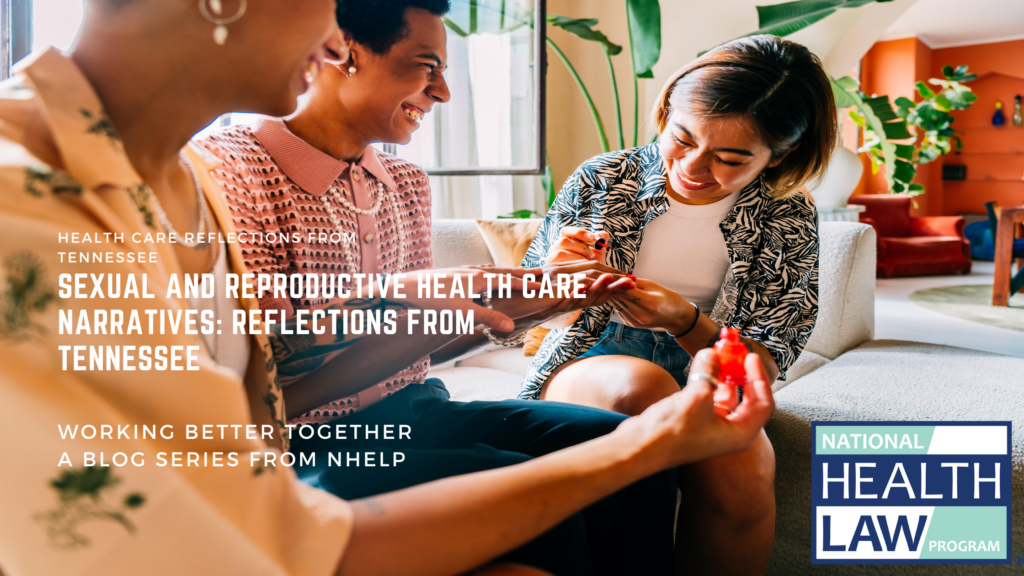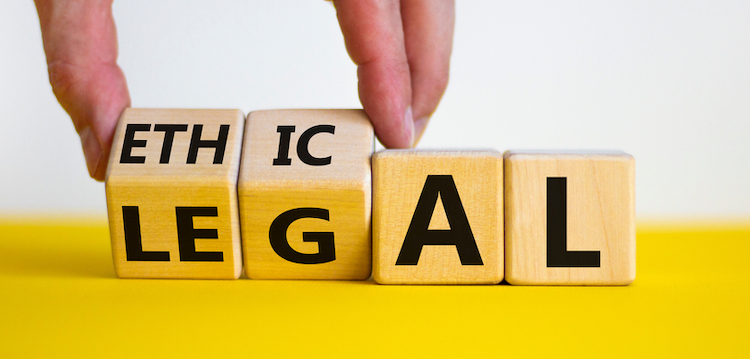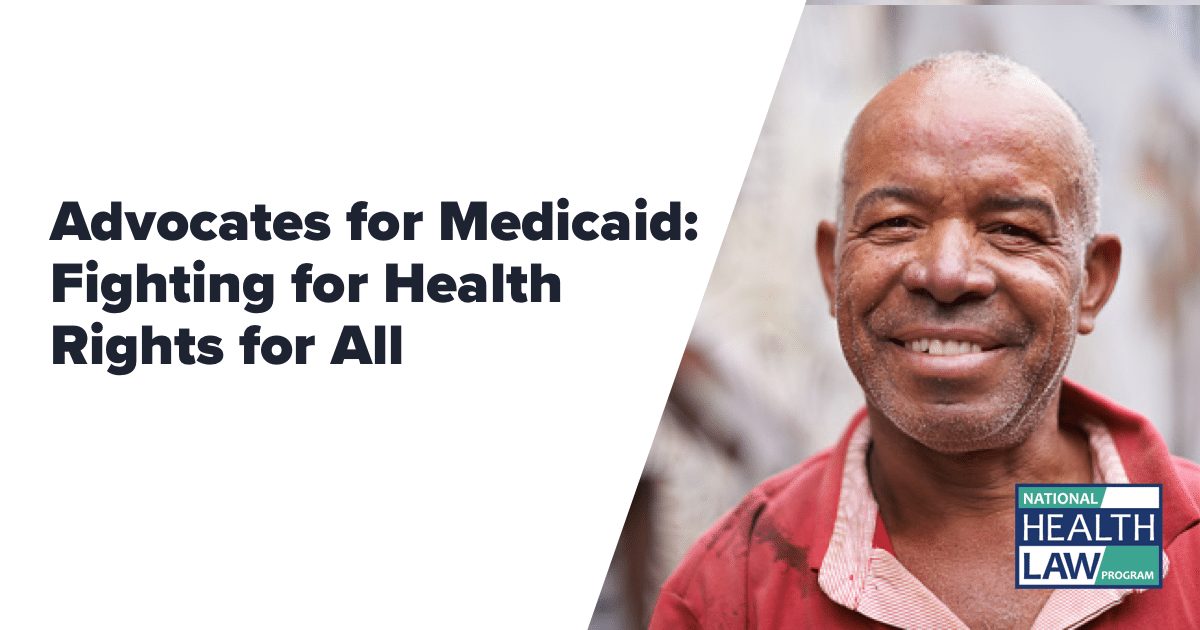Sexual and Reproductive Healthcare Narratives from Tennessee
This blog is part our Working Better Together Series and was written by Jace Wilder. She is a Health Policy and Advocacy Associate with the Tennessee Justice Center. This blog series was created to give our Health Law Partnerships a platform to highlight their successes, challenges and innovative approaches in advancing health access and equity in the states they work. The “Medicaid Experiences Project” referenced in this series of blogs is a collaboration between the National Health Law Program (NHLP) and eight state-based organizations that provide legal aid. The purpose is to better understand the direct experience of individuals as enrollees and applicants for Medicaid and advocate for improvements.
On June 24, 2022, my roommate knocked on my door and in a defeated voice said, “
Roe v. Wade
was just overturned…”. Her voice reflected a fear that was heard across the country. How far would policies go back, especially in the South, where we are located? She shared with me her fears for me, a transgender male who was already feeling the effects of legislation aimed at reversing the access to sexual healthcare in Tennessee. We both felt even more fear for the many people who would need reproductive and sexual health care in this country and wouldn’t have access to it due to trigger laws that affect thirteen states. Some states have passed abortion bans that are so extreme, there are no exceptions. This includes rape and incest as well as criminalization of abortion services. The weight of all the losses was too much for anyone to bear. In the last few years, the American Healthcare System has undergone major legal overhauls which have impacted the foundation of care. The overturning of decisions such as Roe V. Wade has had a grave impact on the ability of those in need of reproductive and sexual healthcare services to receive care safely and trust their providers. In contrast, the expansion to Section 1557 which protects patients from discrimination has created conflicting efforts. These legal guidelines, along with the changing rules at the state level, have created a web of conflicting regulations and discussions. Sexual health and reproductive health are defined by the World Health Organization as “a state or well-being in terms of mental, emotional, physical and social aspects of sexuality. It is not just the absence of disease, dysfunction, or infirmity”. Sexual and reproductive healthcare encompasses a wide range of services, from prevention and treatment of sexually transmitted diseases to gender affirming care and pregnancy-related care. Both patients and providers can benefit from education on these topics. This form of care affects everyone’s health, but its restrictions are most pronounced on women, people who give birth, and people with gender-inclusive identities.
As many of us know, narratives that revolve around reproductive health have been labeled as controversial. However, the truth is that everyone has their own story about sexual and reproductive health. Normalizing these public discussions can help to remove the systemic stigma, and give everyone autonomy, regardless of their ideological affiliation. When it seemed that there was nothing more to do, thousands of people stood up and protested. Here in Nashville, the crowds grew and erupted on the capital. They brought microphones which were cut but this did not stop them. The crowd grew louder and louder as the injustices were spoken. It was only the first day. There’s a slogan “pride is protest” and I was curious to see it in action. Nashville Pride was only a few days after Roe V. Wade
had been overturned. With all the fire I had in my chest, i called for pride to once again be a protest. Hundreds marched to the Ida B. Wells Plaza, where we were greeted by dozens of other rightfully angry patients, doctors and supporters. We left signs on the steps of Tennessee’s capitol. One sign read “Don’t like abortion?” Ignore it as you would foster children. Another said “We are all in this together”, followed by a rainbow. On that day, anger and love were heard. These simple words are often used to capture stories.
While stories like this do not always change the law, they can have a significant impact on society. The way we talk about reproductive and sexual health care reflects not only hope for the future, but also aid for those who have been harmed. This shaping of the community narrative is based on three key factors. The first step is to acknowledge the collective impact. As I stood in the summer heat, hundreds of people surrounded my. Men, women, nonbinary and transgender people, and others stood together to express their dismay at the lack of care they received. Each person had a personal story. The second action is to share power. I led the demonstration, but I refused be the only speaker. I collected suggestions for chants while we paraded through the streets, and invited people to share their stories. A woman who was unhoused, a rape victim and struggled to find housing came and shared her story about abortive care. Those who were nervous about speaking could write a letter that I would send to the governor on their behalf, creating safety. In total we sent over 100 letters. The last step in collective healing. Dozens of people hugged this amazing woman, reminding her that she was worth it even if her laws didn’t reflect it. We joined in the final chants, reminding people of their right and voice to contact their legislators. Many lingered, to help with cleanup or to connect with each other. Collective healing involves caring for the shared power and connection that is made through action. It can give you the confidence to tell your own story. It was not a joyful day, but a healing day. According to Power to Decide, reproductive and sexual health care is a matter of autonomy, control and respect, as well as systems of support. By reversing the power of stories and making it the power of the storyteller, the pillars of reproductive and sexual health care are achieved. The voice of lived experiences is also protected and elevated. People have saved lives by sharing their stories in front of lawmakers, courts, and neighbors. These stories help to create safer clinics, better policy, and promote access for everyone, not just a few. It is up to those who work in the field to create opportunities that allow both prospects to coincide.






